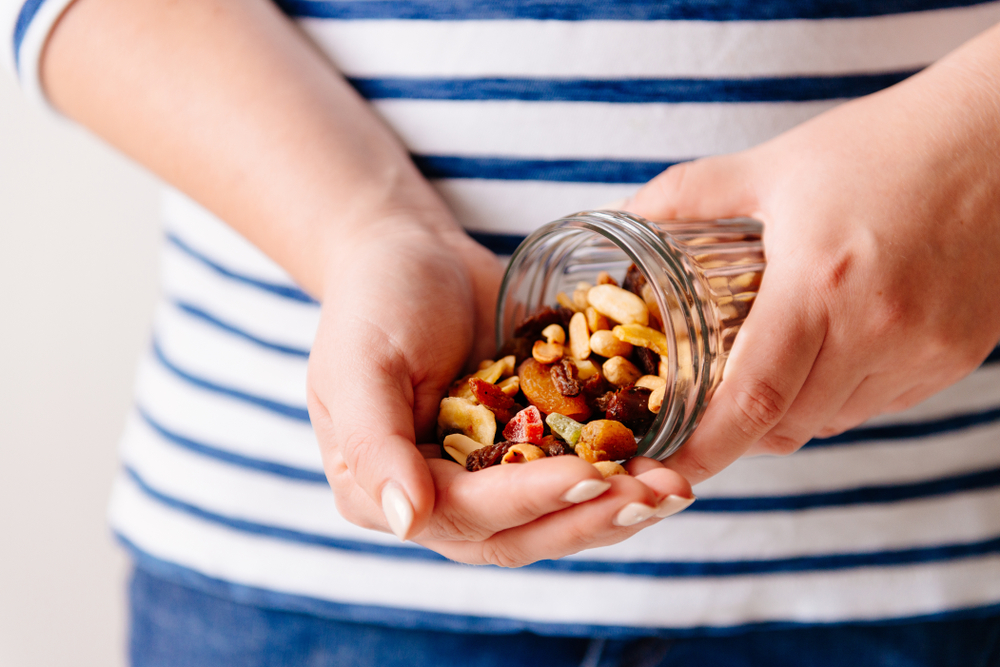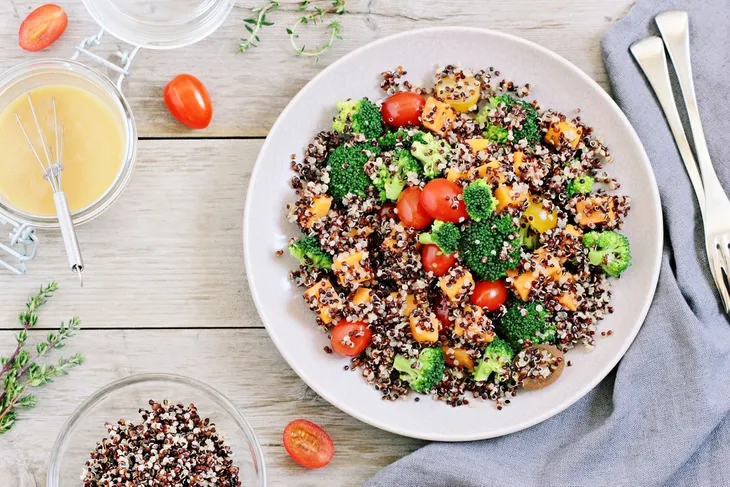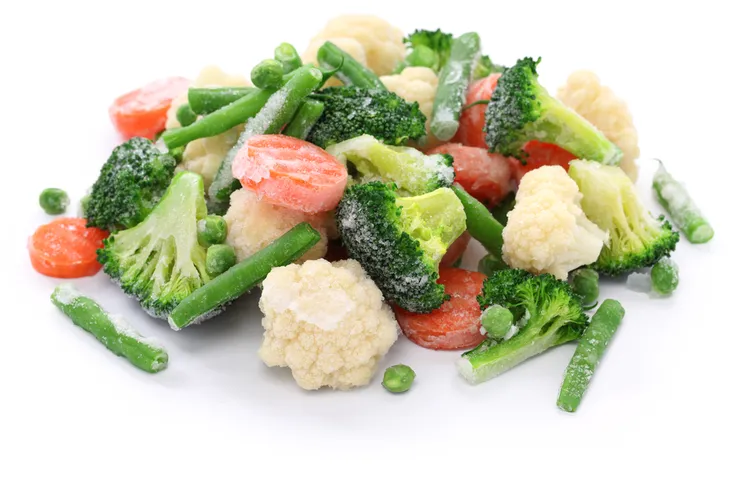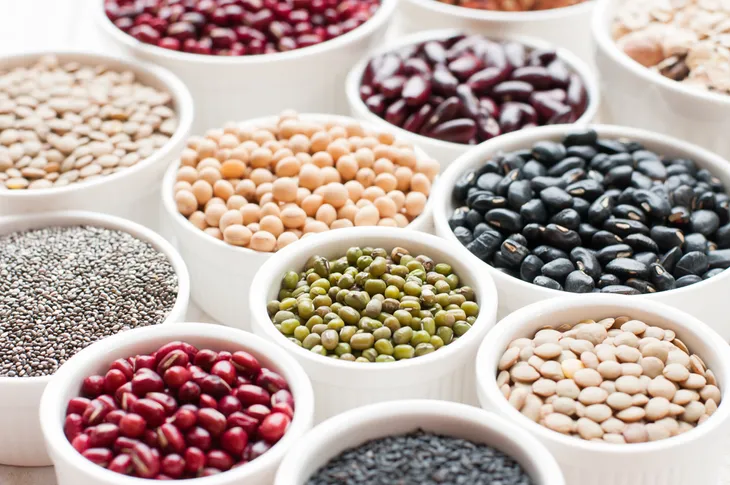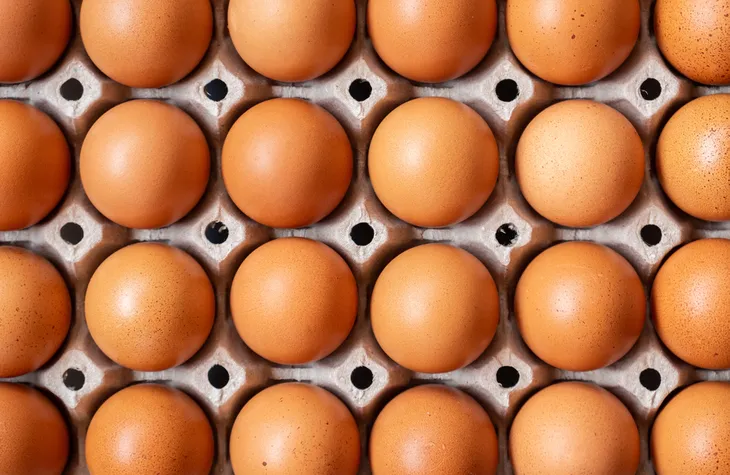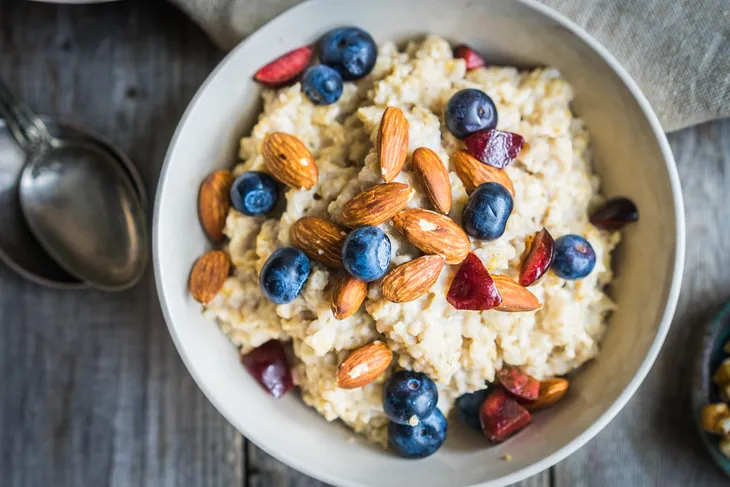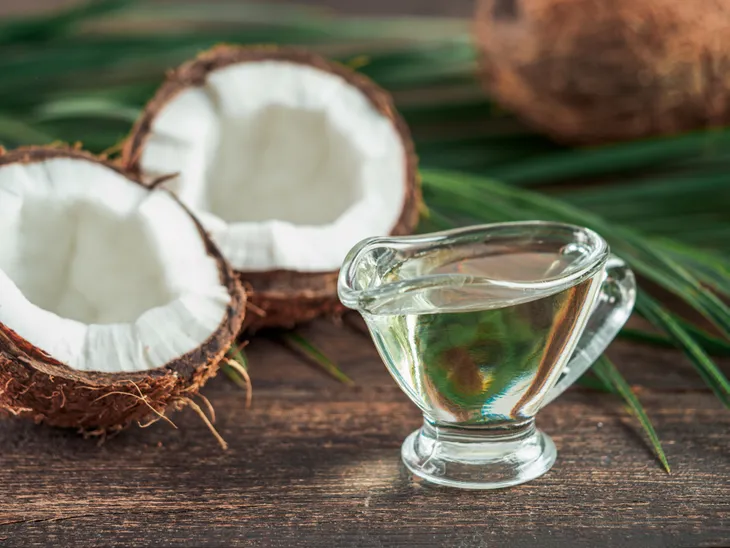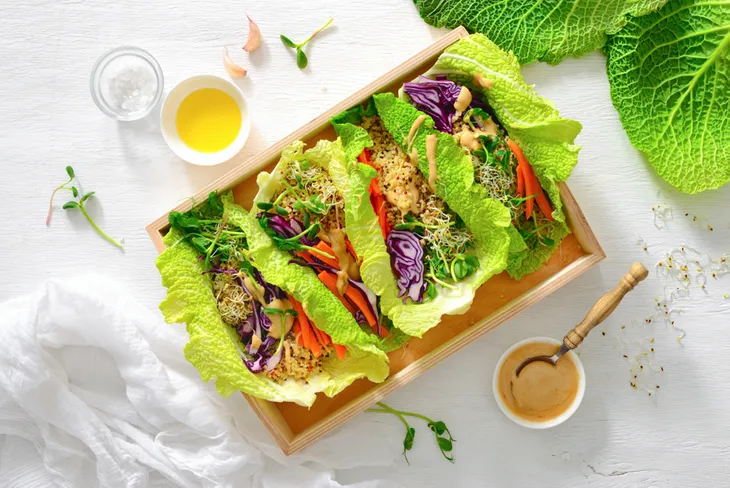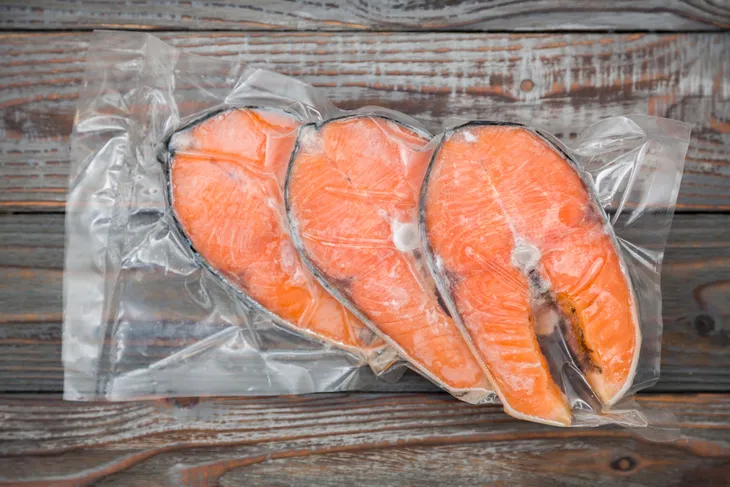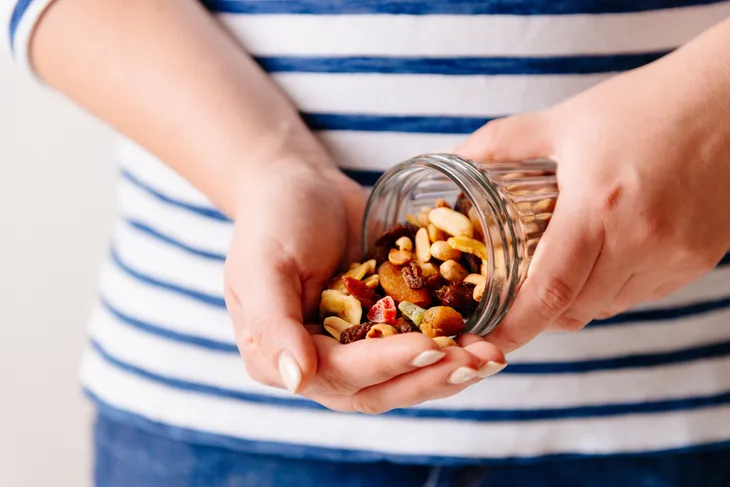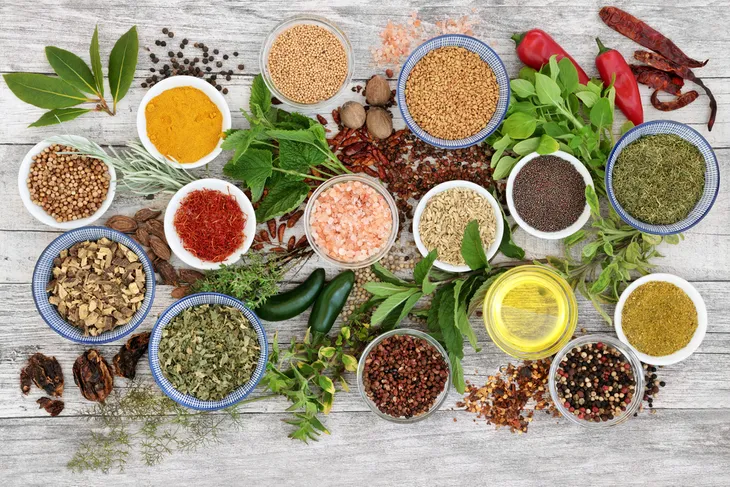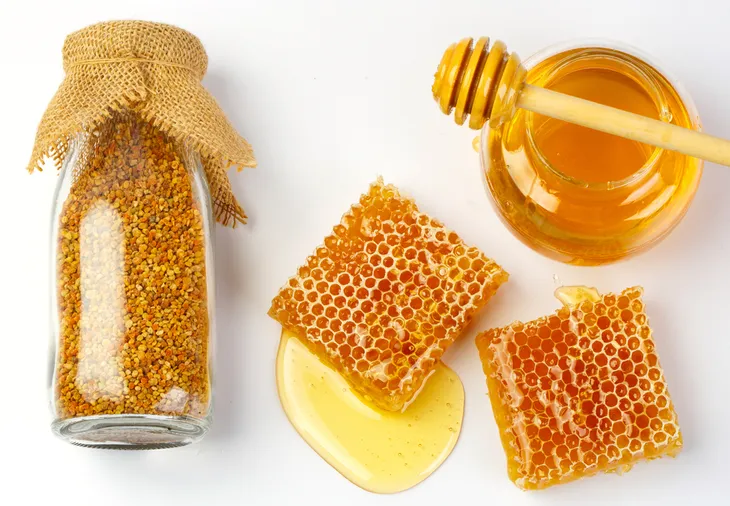Keeping a well-stocked kitchen with a variety of healthy food staples is the key to a healthy diet and lifestyle. When you have a kitchen that always has what you need at a moment’s notice, you are less likely to skip that home-cooked meal and head to a restaurant or buy fast food.
There are several food staples that we recommend you have on hand. From grains to bone broth, our food staple suggestions will set your kitchen up to always have the healthy food you need to make both basic and complex dishes. Check out our suggestions below.
Grains
Whole grains like quinoa and rice are great food staples that don’t need refrigeration and can keep in your pantry for several months. “One of the most nourishing and versatile whole grains, quinoa is a good source of fiber, protein, and vitamin B6,” says Forbes. The source continues to say that quinoa contains more protein and iron compared to other grains. Rice is the perfect filler grain that is inexpensive and can take on almost any flavor based on the spices you use.
Quinoa and rice can be made when you make your meal for the day or you can make them ahead of time. Just prepare a batch of quinoa or rice at the beginning of the week and store it in your fridge until you need it. We love using these grains in soups, breakfast bowls, or salads. Or mix your favorite grain with cooked veggies and diced chicken for a nutrient-dense meal that everyone will enjoy!
Frozen Vegetables and Fruits
We all know the importance of fruits and vegetables. They are chock full of nutrients and vitamins that keep us healthy. But the downside to these foods is their shelf life. Most fruits and veggies go bad within a week and get tossed. That’s why we love keeping frozen vegetables and fruits in our freezer. They contain the same nutrient value and can keep for several months.
When you are cooking, pull out your bag of frozen veggies and toss them into a warm pan drizzled with olive oil. Cook until they are warm throughout. Mix these veggies with the rice or quinoa we just talked about. Your frozen fruit can be tossed into a blender and mixed with your favorite milk or some ice for a fruit smoothie. Another option is putting frozen berries into your morning oatmeal for added flavor and vitamins.
Beans
Beans are an underrated food that is full of fiber and protein. Shahzadi Devje, dietitian and diabetes expert from Forbes tells us that beans are high in antioxidants, vitamins, and minerals, “making them an ideal choice for those looking to control their cholesterol levels and manage their weight or diabetes.”
Dried or canned beans are a food staple that can be stored in your pantry for months, and sometimes, even years. According to Healthline, “…canned beans can be stored in the pantry at room temperature (68℉ or 20℃) for 2–5 years, while dried beans can last 10 or more years. Dried beans have such a long shelf life because they lack the moisture needed to promote microbial growth.” Use these beans in salsas, burritos, or as a base for a veggie burger. Another option is to puree the beans for a dip that your friends and family will also enjoy.
Eggs
Eggs are one of the most versatile foods that contain tons of vitamins and minerals. “Eggs are an excellent source of protein, vitamins (A, D, and B12) and other essential nutrients,” reports Forbes. Eggs are perishable but can last up to 5-weeks in the fridge. Many people have heard that eating too many eggs can cause high cholesterol, while this is true if you eat a significant amount of eggs every day, Forbes tells us that seven eggs a week is a safe amount.
There are numerous ways to make eggs, from omelets, hard-boiled, poached, steamed, and scrambled to name just a few. Make your eggs with vegetables mixed in or topped with a small amount of cheese to change it up. However you cook your eggs there are so many options that we know you’ll love them and never get bored.
Oats
Oats are another versatile food staple that is “packed with protein, iron, potassium, and magnesium,” says Forbes. The source continues to say that oats contain soluble fiber which can help manage cholesterol levels and blood sugar. This pantry food can remain on the shelf for approximately 12-months making them a great option to always have on hand.
There are so many different ways to use your oats. Oatmeal is a classic breakfast dish that just about anyone will enjoy. Top your oatmeal with fruit or nuts for some added flavor without adding sugar or unhealthy fat. Another option is to bake muffins with oats for a quick breakfast that keeps you full all morning long.
Healthy Oils
Healthy fats and oils are one food staple that everyone needs to have on hand. You’ll need oils or fats to cook almost any food on your stovetop. Try using olive oil, coconut oil, or avocado oil–these oils are shelf-stable for a year or more and contain healthy fats. Avocado oil has an incredibly high smoke point at 520°F and is a great choice if you are cooking at high temperatures.
Use your oils in everyday cooking and sauteing. They will help brown your meats and roast your vegetables. While healthy oils are easy to bring into your cooking, be careful not to use too much. They do carry a high-calorie count which can weigh you down.
Leafy Greens
There is so much you can do with leafy greens. “They are loaded with nutrients like vitamins, fiber, antioxidants, and minerals (eg: iron and calcium),” says Forbes. And there are so many different types of leafy greens to choose from. Kale, spinach, romaine, arugula, and many more! They are best eaten fresh and have a moderate shelf life, so try and consume them within a week of purchasing.
The most obvious way to eat your greens is in a salad, which we know can get boring after a while. Add dried cranberries, chopped fruit, nuts, and cheese to your salad to mix up the flavors. Another option is to add your leafy greens to smoothies, soups, or use them as a wrap.
Frozen Meats
Fresh meats don’t last long in the fridge but frozen meats like chicken can last for up to a year and fish are safe in the freezer for up to 5-months, says Healthline. Meat provides plenty of protein in your meals which will keep you full and satisfied. When you have this food staple on hand you’ll always be ready for a quick, protein-rich meal that is also healthy and delicious.
There are so many different ways you can use your frozen meat that we couldn’t even begin to list them all here. One important piece to note is that meat should not be thawed at room temperature. According to the U.S. Food and Drug Administration (FDA), bacteria can multiply quickly at room temperature so here is how you should thaw your food. “There are three ways to thaw safely: in the refrigerator, in cold water, and in the microwave. If you thaw food in cold water, change the water every half hour to make sure it stays cold. Foods thawed in the microwave must be cooked immediately after thawing.”
Nuts and Nut Butter
Nuts are a perfect snack that is both portable and nutritious. You can have them as a part of a meal or as a snack when you are on the go. Both nuts and nut butter are a food staple that also contains an abundant amount of nutrients like protein, fiber, iron, and calcium. Just be cautious and avoid the nut butters that contain hydrogenated oils and extra sugar. Also, be careful with how many nuts you eat. With all the nutrients that they contain, nuts also are high in calories.
Add nuts to your salad, yogurt, or enjoy them by the handful. Nut butters are the perfect dipping sauce for sliced apples or can be added to toast. Whichever way you choose, you’ll love how this tasty treat both fills you up and satisfies your hunger.
Spices
One of the quintessential food staples is spices. These little containers of cinnamon, nutmeg, oregano, basil, and more are the vital ingredients that give your foods its enticing flavor. You can take a simple dish of rice and vegetables and make it taste like Italian cuisine with some basil and oregano. Or go with an Indian flair and add curry. One of the best parts about spices is that their storage life can be a year or longer!
If you’re looking for an added health bonus, Healthline tells us, “Turmeric, cayenne pepper, rosemary, cinnamon, ginger, oregano, and cumin all offer impressive health benefits and may help reduce inflammation and lower your risk of certain diseases.” It seems like there’s almost no reason to not have spices on hand.
Honey
Honey is a natural sweetener that is great to always have on hand. Its shelf life is approximately 2-years but some people claim it can last longer. According to Healthline, honey has antimicrobial, anti-inflammatory properties, and contains antioxidants. But this sweet food does have some drawbacks, as too much sugar, even natural sugar is not good for you.
This natural sweetener has so many different uses. Add some to your yogurt and granola, substitute the sweetener in your baking with honey, or have it with your nut butter and toast. Whichever way you choose to use honey we know you’ll love it and will come back for more.
